The Centre for Postdigital Cultures (CPC) was established in 2017 and sits within the Institute of Creative Cultures at Coventry University. The CPC brings together media theorists, practitioners, programmers, activists, and artists to generate research that moves away from prescriptive solution-based interventions and toward more pluralistic ways of being, thinking, and making. It does so in order to reimagine 21st century postdigital societies and their cultural institutions (galleries, libraries, archives, museums, etc.) at a local, national, and planetary level.
As befits a centre concerned with pluriversal postdigital cultures, the CPC has a somewhat fluid, de-centered organisational structure. It consists of five quasi-autonomous research strands or collaboratories:
Within this structure, researchers in the CPC adopt an innovative stance toward digital culture. It is our position that the “digital” cannot be understood as a separate domain. If we actually examine the digital – rather than taking it for granted that we already know what it means – we see that today digital information processing is present in every aspect of our lives. This includes our communication, entertainment, education, energy, banking, health, transport, manufacturing, food, and water-supply systems. Attention therefore needs to turn from “the digital”, toward the various overlapping processes and infrastructures that shape and organise it, along with those that the digital helps to shape and organise in turn. This is what we mean by ‘postdigital’.
The CPC explores and experiments with such enmeshed models of media, culture, and society. As part of this we are interested in how, as humans beings, we are born out of our relation to media – as opposed to seeing media as external instruments or tools, the latter being the classical Aristotelian view that has dominated our understanding of media technologies to date.
The Centre has as its collective vision working toward the establishment of a more socially just and sustainable ‘postcapitalist’ society by means of an interdisciplinary research agenda that extends from computing science, through the social sciences and humanities, to open education, political activism, and art practice to explore how intellectual, community, and civic engagement can prefigure different ways of being together.
AI & Algorithmic Cultures
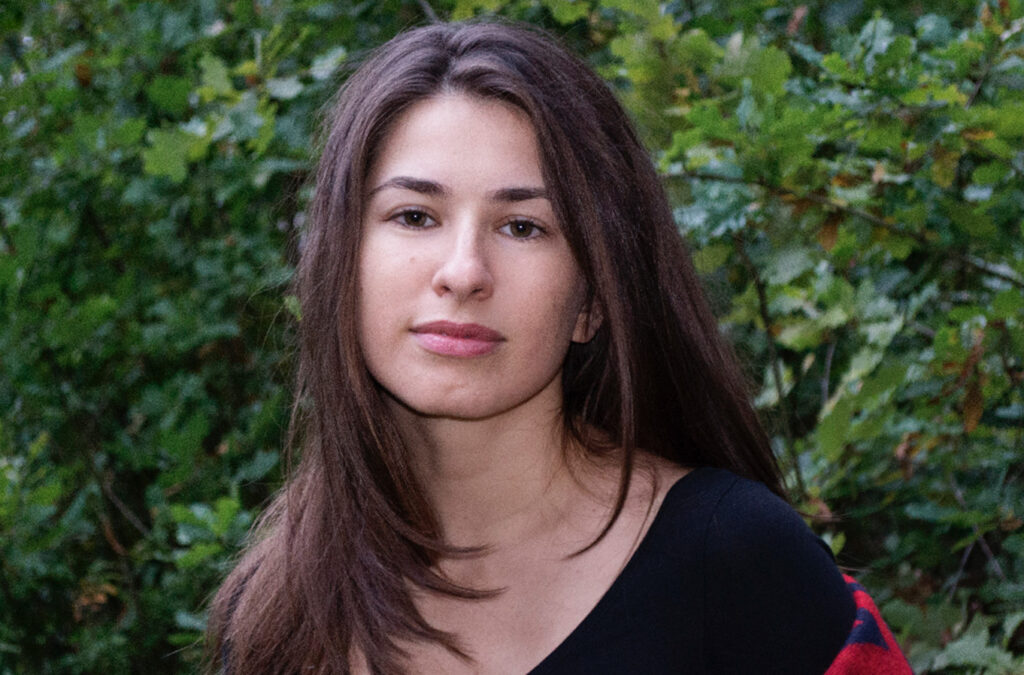
Melani De Luca is a graphic designer, researcher, and artist. Her work is a critical reflection on contemporary cultural phenomena and their influence on society. She focuses on pop and visual culture, analysing social backgrounds connected to digital mass media. Her practice combines various media such as editorial design, sculpture, installation. In 2017 (first edition) and 2019 (second edition), she published her first book entitled Post-Butt, The Power of the Image with Onomatopee, Eindhoven, Netherlands.
De Luca holds a MA in Information Design from the Design Academy Eindhoven and is currently a PhD candidate in Design Sciences at IUAV, University of Venice. Her research focuses on the potential augmentation of working processes in visual identity projects through Machine Learning. She is also a lecturer in the BA Graphic Design and Digital Media program at Abadir Academy of Design and Visual Arts in Catania, Italy.
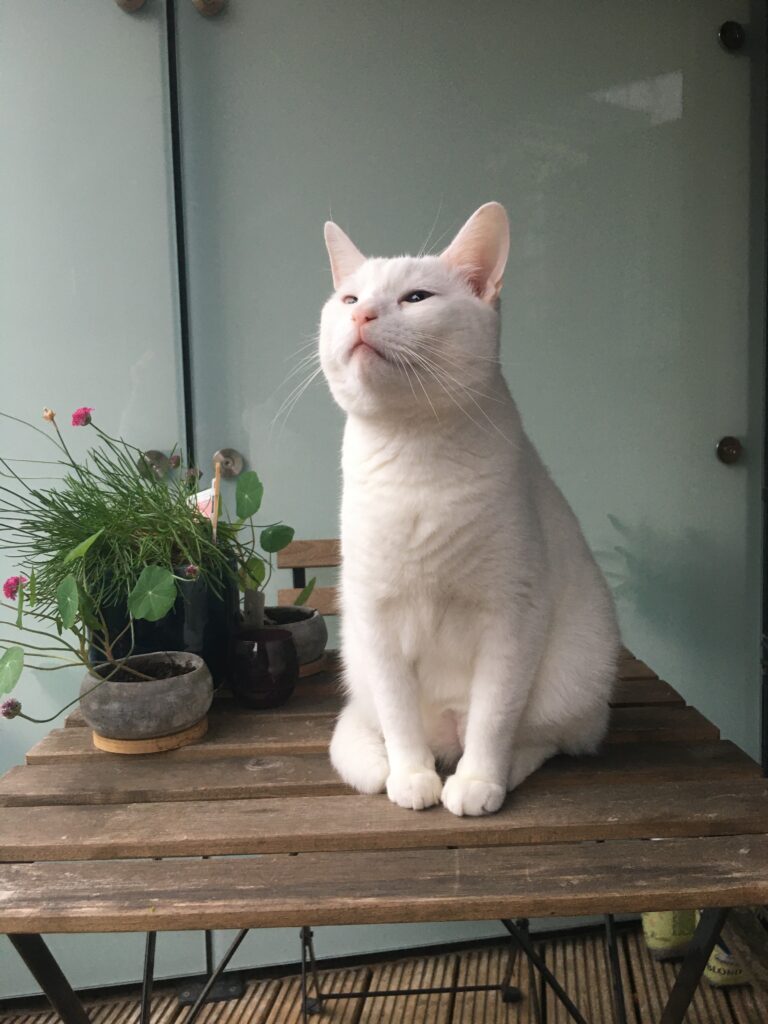
Phaedra Shanbaum is an Assistant Professor of Digital Media at the Center for Postdigital Cultures at Coventry University, exploring the relationship between the body and technology in contemporary digital media art installations and performances. Her research interests lie at the intersection of media and cultural theory, HCI and fine-art. She is the author of Interfaces and Interactive New Media Installations (Routledge, 2019) and Aesthetics, Gender and Disability in New Media Art (Routledge, Forthcoming).

Maria is an architect, designer and researcher primarily operating within the domestic scale. She completed her architectural studies in Greece followed by an MA in Design: Critical Practice from Goldsmiths University (London, UK). Her interdisciplinary research and practice move between spatial and object design, Human-Computer Interactions and Future Studies. Using mixed media (both digital and physical), along with informed research, she experiments with mechanisms and (im)material constructs invading domestic environments and disrupting everyday performativity in order to reinvent relationships between humans, non-humans and the built environment. Lately, she has been questioning normalized, tech-driven and human-centered, interactions between humans and technological entities within home in order to expand their entanglements beyond functionality and ‘intelligence’. These themes are explored as part of her current practice-based PhD research undertaken at the Centre for Postdigital Cultures (Coventry University, UK), with funding from the UKRI (UK) and the Onassis Foundation (GR). Her PhD focuses on human-computer interactions within home, more specifically those between humans and Intelligent Personal Assistants (IPAs), and how these can be re-configured in more open-ended and creative ways through the concept of ‘idiocy’.
Her current research has been presented in the following conferences: ‘Anthropology, AI and the Future of Human Society’, co-organized by the RAI (Royal Anthropological Institute of Great Britain and Ireland), the BSFA (British Science Fiction Association) and the FAN (Future Anthropologies Network), 2022; ‘DIS’22’, the ACM SIGCHI Conference on Designing Interactive Systems, 2022; ‘ECAH 2022’, the 10th European Conference on Arts and Humanities, UK, 2022; ‘PDC 2022’, the Participatory Design Conference, UK, 2022; ‘DRS 2022’, the Design Research Society Conference, ESP, 2022; ‘Future Bodies’, the New Media Caucus Symposium, US, 2022.
In 2020 she was awarded the Artworks Fellowship (funded by the Stavros Niarchos Foundation) under the category of ‘Visual Arts’, and her practice-based work has been awarded, published and presented internationally. She combines her research interests with her passion for experimenting with crafting techniques and materials to animate the ineffable and peculiar inner life of the objects around her.
Website: https://maria-tsilogianni.webflow.io

Kevin Walker leads the research theme of AI and Algorithmic Cultures, working across art and design, anthropology and technology. He explores natural and computational systems, temporality and environmental sustainability, through hardware and software development, installations and performances, academic and creative writing.

Buket Yenidogan is a Turkish multi-disciplinary artist and researcher who is investigating more-than-human futures through speculative mythology and technology. She combines her background in engineering and arts to craft interactive experiences and computational performances to explore the philosophical concept of ‘posthumanism’. Expanding in various media from interactive art installations, to performance art, moving image, sound art and guided meditations, her practice revolves around a multimedia worldbuilding project of an ocean dwelling posthuman culture, investigating the themes of immigration, primordial ancestry, and kinship. Currently, she is investigating the parallels of this oceanic speculation and her cultural roots of nomads of Eurasia and the contemporary state of re-location.
Her practice-based PhD project is developing a methodology of new media art making specifically using the praxis of hydrofeminist world-ing, in order to explore the impact of transmedia storytelling and collective making on creating cultural change about the climate crisis using emerging technologies. An original methodology of hydro-feminist, posthuman worldbuilding is developed, in addition to a body of new media work. This approach links the flows of migrants and goods across waterways and geographical areas, with flows of water, data and creative energies, as a part of a broad agential assemblage that hydrofeminism figures connected in essence.
Website: https://www.buketyenidogan.com/
ArtSpaceCity
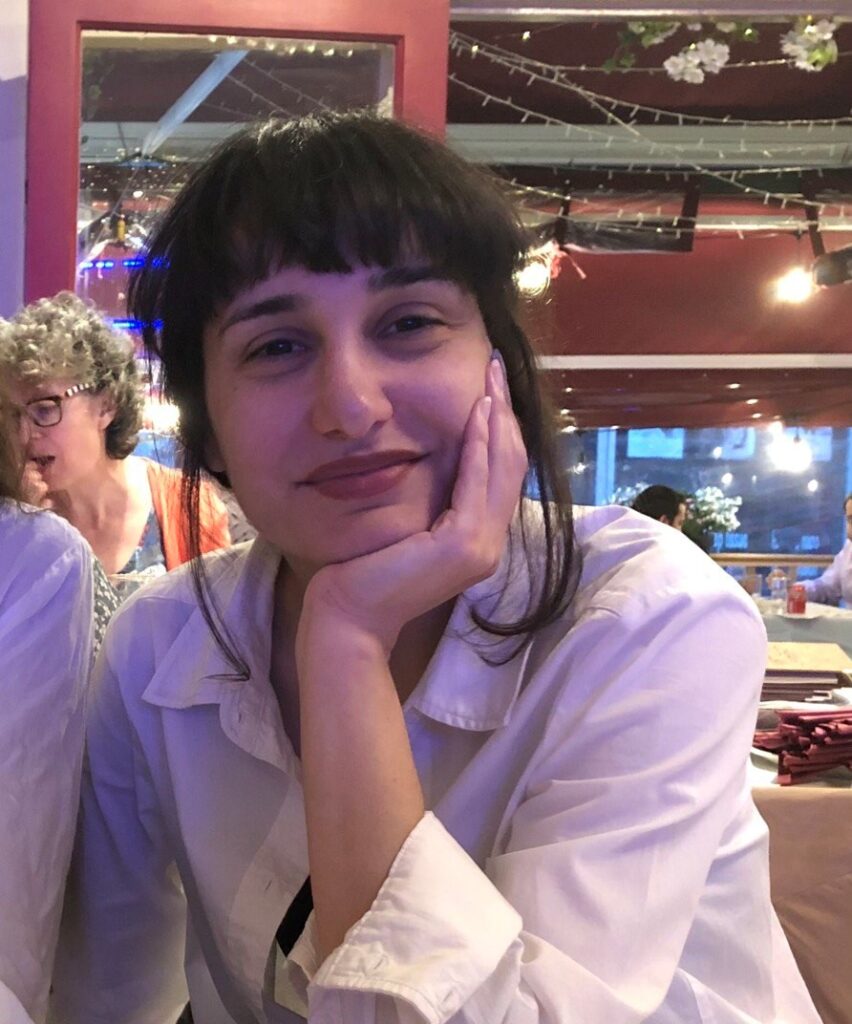
Mahsa Alami Fariman an urban researcher and educator with a background in Architectural and Urban studies. Prior to joining The Bartlett Development Planning Unit (DPU), she has taught urban geography at Coventry University and lectured at the Department of Media, Communications and Cultural Studies, Goldsmiths University of London. As an architect, she has the experience of working in a number of architecture and design practices in Iran. She received her PhD in Urban Sociology from Goldsmiths, University of London, studied MA in Architecture (Cultural Identity and Globalisation) at the University of Westminster in the UK, and BA in Architecture at the Islamic Azad University in Iran. Her research focuses on open city, politics of space, the production of everyday urban life in the Middle East, and feminist urbanism.
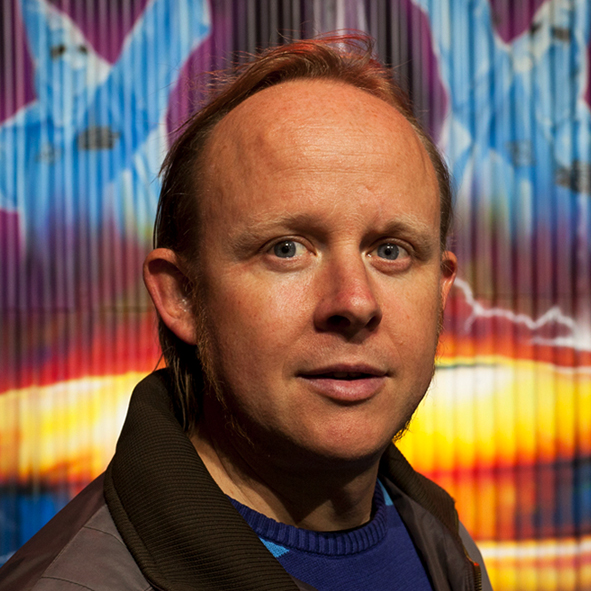
S Mark Gubb is an artist and Assistant Professor in Fine Art at Coventry University. He works across a range of media incorporating sculpture, video, sound, installation and performance. The subjects for his work reflect his ongoing interest in the role that popular culture and oral histories play in the development of an individual’s world view. This often takes the form of a re-evaluation and re-interpretation of contemporary culture and history. In 2021, he completed a PhD focusing on audience agency and the interaction between artist, artwork, site and audience. His work has been widely commissioned and exhibited in solo and group exhibitions for organisations including Artangel, Turner Contemporary (Margate), Postmasters Gallery (NYC), Mostyn (Llandudno), Castlefield Gallery (Manchester), ICA (London) and PS1 MoMA (NYC). Residencies/fellowships include The 309 Punk Project, Pensacola, USA (2024), URRA International Residency, Buenos Aires, Argentina (2011), Cove Park, Scotland (2008), Arts Council of England’s International Fellowship at Bunkier Sztuki, Krakow, Poland (2005) and The Wheatley Fellowship at Birmingham Institute of Art and Design (2005). Permanent public works include commissions for Grizedale Arts, Nottingham Contemporary, Aspex Gallery (Portsmouth) and the Welsh Government. He is currently working on the redevelopment of the Tropicana Lido in Weston-super-Mare with RCKa architects, lead designer on a site-specific production examining undercover policing in partnership with Common Wealth Theatre and National Theatre Wales, and overseeing the purchase and publishing of a photographic archive from, Pop Artist, Derek Boshier, in partnership with Amgueddfa Cymru and RRB Photobooks.
Website: https://www.smarkgubb.com/
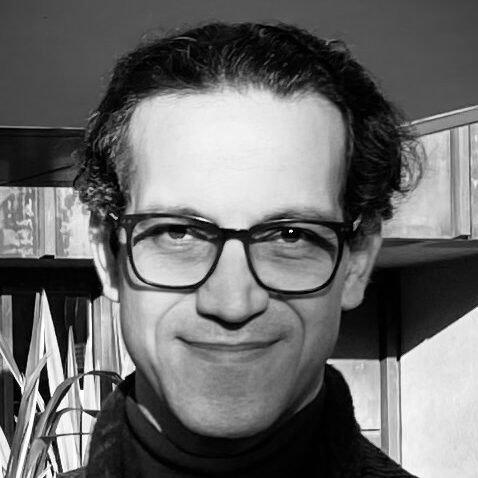
Dr. Ahmadreza Hakiminejad is Lecturer in Architecture based in the Leeds School of Arts at Leeds Beckett University. He has studied architecture, spatial planning and urban design in Iran and the UK and has previously worked in architecture and design practices in the Middle East. He is a member of the editorial team for the journal Engineering Future Sustainability, a member of The Society of Architectural Historians of Great Britain, and a Fellow of the Higher Education Academy. He is also a jury member in the international architecture and design competition, the Tamayouz Excellence Award. His research interests revolve around critical urban theory, politics of space, architectural humanities, and urban sociology. He is currently co-editing a book for Routledge entitled City, Public Space and Body: The Embodied Experience of Urban Life.
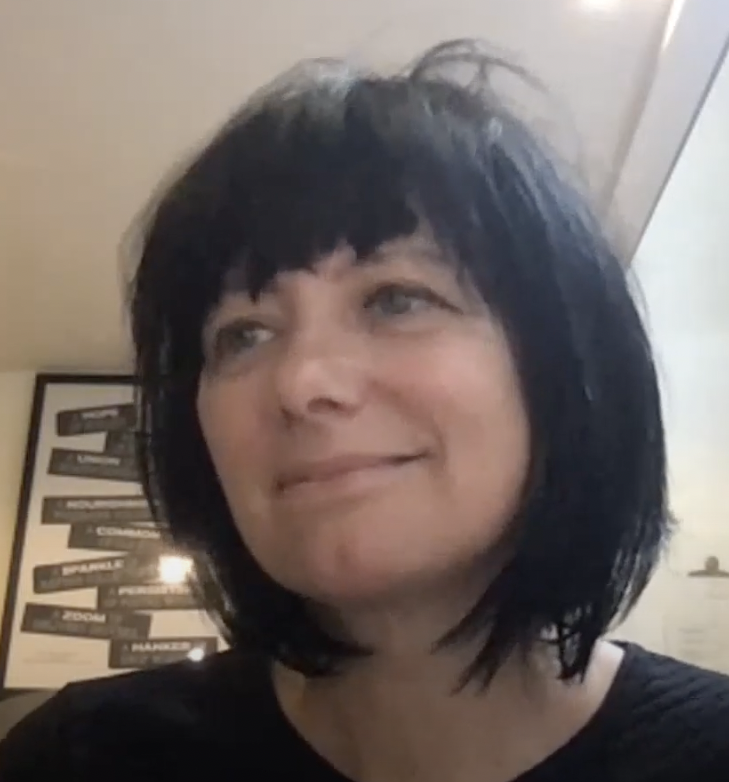
Mel Jordan is professor of art and the public sphere. She is the leader of the research strand ArtSpaceCity, in the Centre for Postdigital Cultures, Coventry University, UK. From 2016 to 2019, she was head of Contemporary Art Practice at the Royal College of Art, UK. In 2018, Jordan (along with Andy Hewitt) formed the Partisan Social Club, before which she worked in the collective Freee (with Dave Beech and Andy Hewitt). Her research is concerned with the potential of art as a political tool through its role as a form of opinion formation in the public domain. As part of the Partisan Social Club, she has exhibited at Coventry Biennial; Beaconsfield Gallery Vauxhall, London; and Edinburgh Printmakers. Recent journal articles include ‘Toppling Statues, Affective Publics and the Lessons of Black Lives Matter Movement’, (2021); ‘Depoliticization, participation and social art practice: On the function of social art practice for politicization’, (2022); ‘On practising politicized practice: What do we learn?’, (2022). She is PI for the Spatial Practices in Art and ArChitecture for Empathetic EXchange (SPACEX RISE) project. This is an ongoing project funded by the European Union’s HORIZON 2020 Marie Sklodowska-Curie Actions (MSCA) Research and Innovation Staff Exchange (RISE) project number 872561 (https://www.spacex-rise.org/). She is currently working on a book entitled ‘Spatial Practices and the Urban Commons’.

Alex Parry is an artist doing a practice-based PhD exploring how art workshops act as a form of world building and speculative fiction – in terms of ideas, social relationships and materials produced. She has an interest in creating inclusive structures for group work and is part of Studio Yea with Eva Freeman and Youngsook Choi who are a group of artists exploring how to support each other in these precarious times. Alex has an MA in Contemporary Art Practice: Public Sphere course from the Royal College of Art, and a BA in Social Anthropology and Media from Goldsmiths University. She has worked with the Pumphouse Gallery, FACT, and Hackney Council and recent publications include Structures within structures: Examining alternative cultures of learning in the institution in Art & the Public Sphere Journal, Volume 10, Number 2.
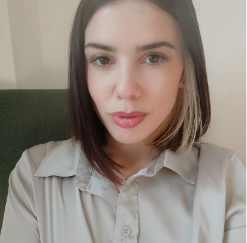
Giorgia Rizzioli is a M4C – PhD candidate at the Centre for Postdigital Cultures where she is an active member of the ArtSpaceCity research strand. Her research intersects film studies, urban media studies, and curatorial studies. Specifically Giorgia delves into the realm of cinematic placemaking, investigating how experimental cinema curation and outdoor projections can serve as strategies for reconfiguring and producing alternative places. She is also an independent curator. Her recent curatorial endeavours include ‘Screening Coventry: Past is Now’ (April 2022), an experimental outdoor screening as part of the Coventry Biennial’s Hyper-Possible cultural programming. Giorgia is also a member of NECS – European Network for Cinema and Media Studies and Consulta Universitaria Cinema.
Recent publications include ‘Open Montage Unbound: Posthuman Reflections on Publicness Beyond the Linguistic Turn’, co-authored with Dr. Prof. Mel Jordan in NECSUS Journal (review pending).
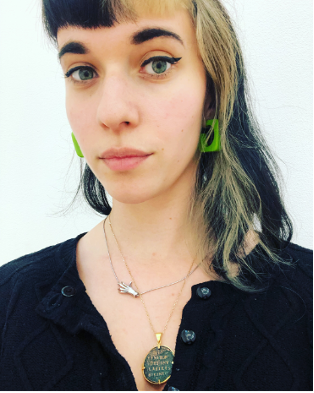
Marley Treloar is a first year PhD researcher at Coventry University exploring the development of participatory community practice between digital and physical spaces within cultural organisations. She graduated from Kingston University MA Museum and Gallery Studies in 2019 and has worked across the arts and heritage sector working as a freelance curator, public programmer and education officer. Marley is the creative director of Co-Curation, artist run curatorial collective exploring participatory, community and digital collaborative artistic practice.
Website: https://www.co-curation.co.uk
Publications: Recycle Archaeology: community reuse of archaeological disposals, Makings Journal: Disruption, 2022. (Pending Peer-Review)
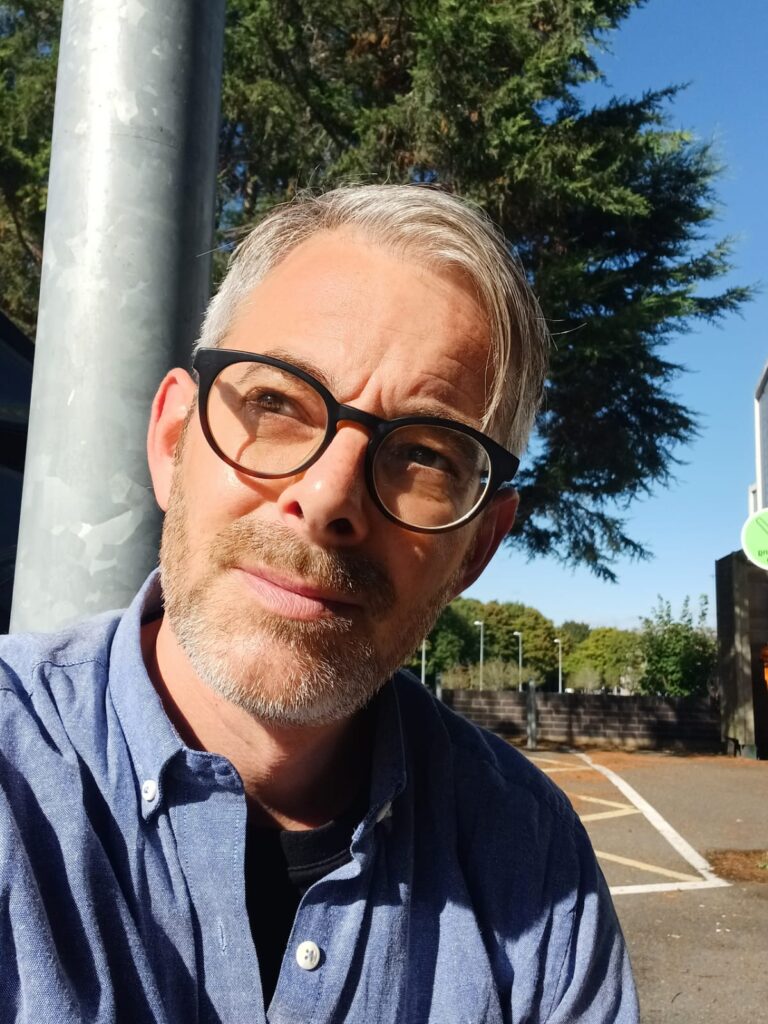
Duncan Whitley is an artist who works with spatial sound and moving-image production. He has presented audiovisual works, site-specific projects and live multichannel sound works in the UK and internationally. His audiovisual works have been exhibited at Aesthetica Film Festival, Coventry Biennial, Cafe OTO, Flatpack Film Festival, Whitechapel Gallery, The Whitworth, Centro de Arte Experimental de UNSAM (Buenos Aires), EMASESA (Seville), Herbert Art Gallery & Museum, Soundfjord Gallery, CTRL_ALT_DEL festival (Istanbul), and b-side Festival (Portland, UK). He has recently undertaken artist residencies with Coventry Biennial (2018) and Warwick University’s Film & Television Studies (2022/23). He is currently doing an MA by Research project by practice at the Centre for Postdigital Cultures: ‘Noisemaking, Performing and Listening, as functions of opinion formation in UK civil society’, which will explore an aurality of the UK House of Commons.
Website: https://duncanwhitley.net/
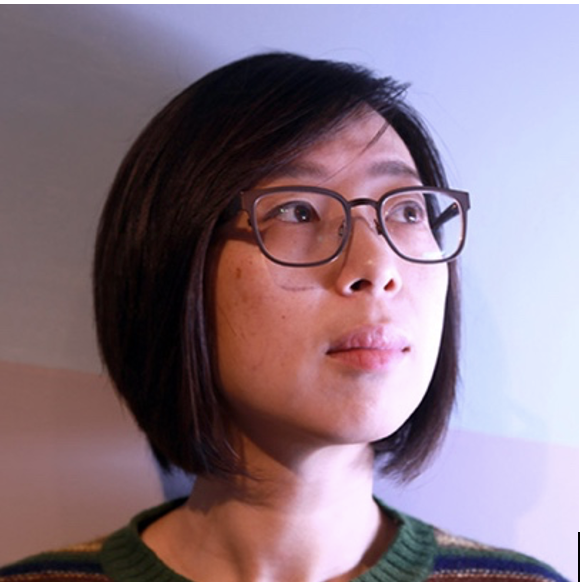
Frances Yeung is an AHRC M4C funded Collaborative Doctoral first year student and an artist. Her research project is a collaborative between the Centre for Postdigital Cultures (CPC), Coventry University and NN Contemporary Art (NNCA), based in Northampton.
Post-pandemic, like many other art organisations, NNCA is more than ever invested in digital curation and online programming, finding innovative ways to disseminate art and culture. My research focus will be utilising the NNCA’s Library Stack Archives and open-source digital resources, platforms and infrastructures, to articulate digital engagement programmes for the public, with a more caring, inclusive and socially-just approach, and therefore benefit the local communities.
Ludic Design
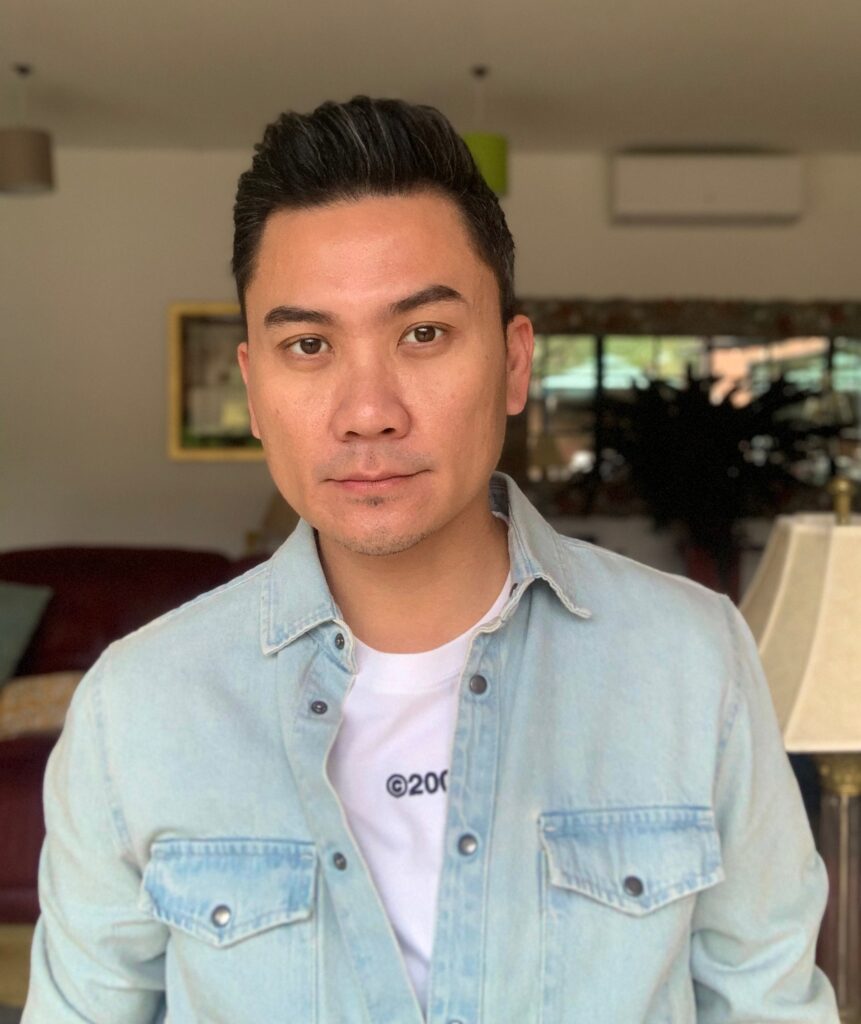
Sylvester Arnab is a Professor of Game Science with a research focus on the investigation into engaging, empathic, and empowering experiences through the lens of playful and gameful design practices. Sylvester is a co-founder of the multi-award winning GameChangers initiative, focusing on open practice in playful and game-based learning. Gamechangers has informed empathic teaching and learning and community engagement in various countries, such as Indonesia, Malaysia, and Vietnam, towards responding to the UN’s Sustainable Development Goals. To date, Sylvester has successfully secured research funding with a total value of over £19 million since 2010 (£9.9 million as a principal investigator). Funders include the UKRI (AHRC and ESRC), European Commission (FP7, H2020, and Erasmus+), British Council, British Academy, and HEFCE.
Personal website: https://sylvesterarnab.com
Official website: https://pureportal.coventry.ac.uk/en/persons/sylvester-arnab
Twitter: @sarnab75
A highly experienced Senior Project Manager with a proven track record of managing Research Projects in the Higher Education sector, providing a high level of service to internal and external customers achieved by building strong professional relationships. With over twenty years’ experience Jayne is part of the GameChangers team at Coventry University working on international research projects including the CC 4.0 and ACES initiatives.

Petros is an Associate Professor at the Centre for Post-Digital Cultures (CPC), part of the Ludic Design team, Coventry University. His research work is around the use of AI, games and XR technologies for learning, teaching, and training. Petros is particularly interested in helping teachers and students to develop digital skills, playful cultures, and literacies with predominant focus on data, algorithmic and game-based design skills using co-creational and participatory approaches. The impact of his research has a pragmatic underpinning in terms of helping educators to develop competencies, skills, and capabilities in using digital applications and tools in their lived experiences. Petros co-leads the Research Enriched Learning initiative at CPC for emancipating ways, processes and strategies that facilitate the convergence between research and learning in a formal academic setting. Petros has taught computer science courses in subject areas such as mobile applications development, interactive media, and games technology. Petros has published more than 50 research papers and has participated in multimillion research and innovation projects that acted as catalysts to the formation of policy and strategies for the use of technology in education. Petros has collaborated with esteemed academic institutions (e.g., MIT) and commercial technology companies (e.g., Apple Inc.) for developing models, strategies, and processes for leveraging learning experiences with the use of digital media and technology
A specialist in the creation of new intellectual properties, user-interface, and user-experience design, Mark is a research assistant based at Coventry University and spent over a decade working as a designer within the games industry. He has worked on several highly successful videogame console titles; including six of Codemasters Formula One series, which won a BAFTA for Best Sports Game in 2010. His current role involves the design of game-based educational resources in the Escape Racism, eDigilit, and Dali international research projects.
Dominic Mahon is a research fellow at Coventry University in the UK. His research interests lie in the development of competencies, capabilities, and resilience through playful approaches to learning. He has worked at universities in the UK, Vietnam, Turkey, and Kazakhstan over a teaching career of over 20 years.
Alex is an innovation technologist, multimedia designer, and practiced-based researcher, based in the UK. His interests focus on innovation, sustainability, and education, and his research practice explores the concept of Frugal Education; leveraging accessible and available resources, trailing edge-technologies, and innovative approaches to create engaging, practical, and sustainable education. Alex has amassed over twenty years’ experience in the field of multimedia design, with a career spanning a multitude of disciplines including web development, graphic design, journalism, photography, information technology, education innovation, and practice-based research. Alex is a co-founder of the GameChangers initiative and senior fellow of the Higher Education Academy.
Website: https://frugal.education
Twitter: @alexmasters
Postdigital Intimacies
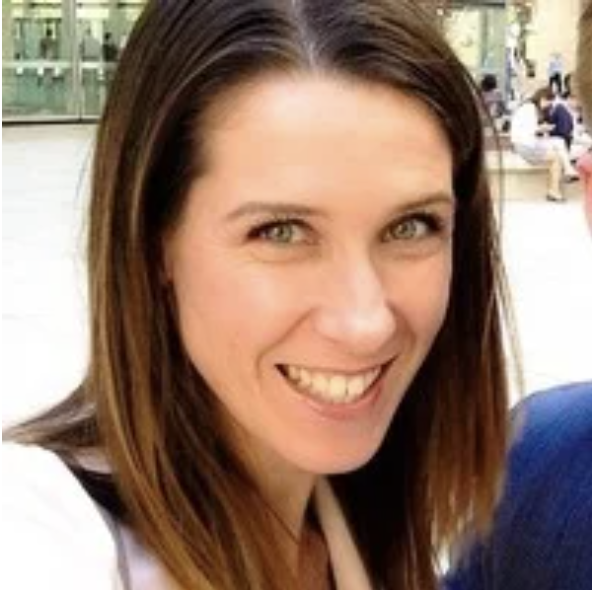
Lindsay Anne Balfour is Assistant Professor of Digital Media in the Centre for Postdigital Cultures and works within the Postdigital Intimacies research cluster. She is an experienced, researcher, public speaker, and author with international experience in the non-profit sector and formal academia. She has held grants from the Social Sciences and Humanities Research Council of Canada and the Andrew W. Mellon Foundation and earned her PhD from the University of British Columbia. Her research draws on the philosophical concept of hospitality to consider the relationship between humans and machines (HCI), and employs an intersectional feminist and cultural studies perspective to look at digital intimacies. Currently, she is conducting feminist analyses of surveillance capitalism and embodied computing including the concept of “tracking” through wearables, implantables, and ingestibles (FemTech). She is PI on a project in development for the Economic and Social Research Council that researches access and inclusion in FemTech, and the efficacy of digital interventions for gender-based violence. This work offers wider benefits concerning the global health of women, such as those outlined in the UN Sustainable Development Goals regarding Women and Girls, and in particular targets focusing on sexual and reproductive health.
Dr Balfour works with both academics and industry experts (including policymakers and regulators). Her most recent project was a pump-prime grant funded by Research England – “Preliminary Policy Stakeholder Engagement for Emergent FemTech and Women’s Digital Health.” She is also Co-I on the project “Postdigital Intimacies for Online Safety: Building policy recommendations through co-production partner workshops.”
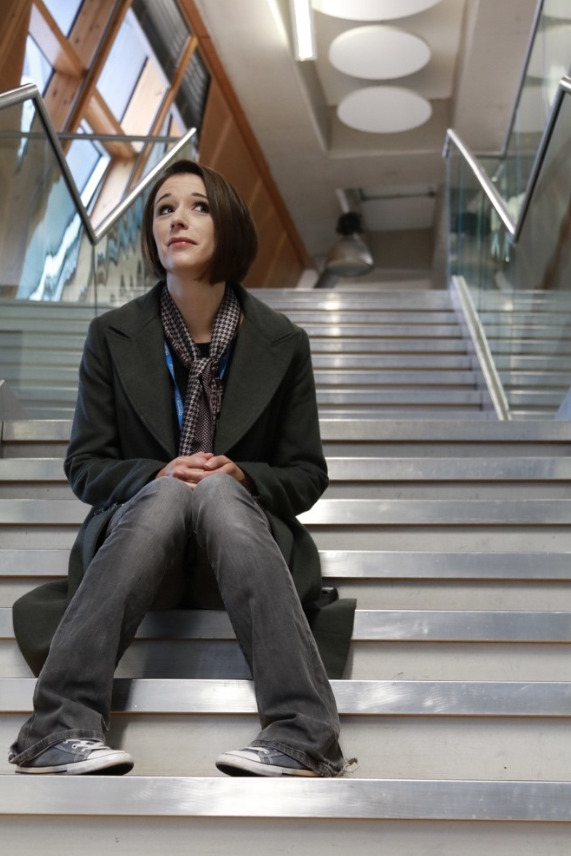
Dr. Adrienne Evans is Reader for Media in the Centre for Postdigital Cultures at Coventry University, UK, where she leads the Postdigital Intimacies cluster. Her research focuses on accounts of intimacy in the context of a postfeminist sensibility, and is interested in exploring how digital feeling shapes expectations of the ‘good life’. In her research, she is interested in creating new ways of thinking about notions of the good life, wellbeing and positivity through digital technology in relation to the vulnerabilities these concepts engender, by seeking to stimulate more inclusive, equitable and feminist-inspired ways of being in the world. She is co-author of Technologies of Sexiness (2014), Postfeminism and Health (2018) and Postfeminism and Body Image (2022), and Digital Feeling (2023). She is PI of the AHRC network Postdigital Intimacies and the Networked Public-Private, CI on the Marsden Fund (New Zealand) project Exploring the possibilities of menstruation and perimenopause tracking apps for people with diverse embodied experiences.

Godswill Ezeonyeka is a PhD researcher in the Centre for Postdigital Cultures at Coventry University. His research uses the practice of documentary filmmaking to investigate the revolution of social media activism in Nigeria. He has an MA in Communications, Culture and Media from Coventry University.
As part of their PhD research, Godswill and Abhiram Thiruthummal have developed https://storiesofendsars.postdigitalcultures.org/, an interactive introduction to Nigeria’s fight against police brutality.
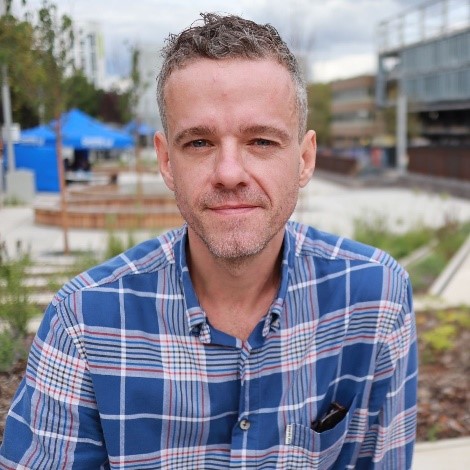
Marcus Maloney is Assistant Professor of Sociology in the Centre for Postdigital Cultures, Coventry University. His research focuses on men and masculinities online; ideological contestations in digital spaces; video game narratives, cultures, and communities; and postdigital intimacies and socialities. Marcus has published widely in these areas, including articles in Cultural Sociology, New Media & Society, and Games and Culture. His most recent book is Gender, Masculinity and Video Gaming: Analysing Reddit’s r/gaming Community (Palgrave 2019).

Dr. Sarah Kate Merry (she/her) is a Research Fellow in the Centre for Postdigital Cultures, and is part of the Postdigital Intimacies research cluster. Sarah is a social scientist with a background in information studies, whose research focuses on the impact of the internet on social interactions, particularly among marginalised communities. Her current work includes investigating the benefits of ‘lurking’ (non-participatory presence) in online peer support groups for people with adult diagnoses of ADHD, and the impact of social media on the experiences of newly-diagnosed neurodistinct people.
Sarah’s broader research interests including friendship creation and maintenance online, behaviour in fan communities, and online safety for vulnerable adults. In the recent project Postdigital Intimacies for Online Safety: Building policy recommendations through co-production partner workshops, undertaken with colleagues in Postdigital Intimacies, she focused on the gaps in current legislation regarding online harms for vulnerable adults, such as those with mental health disorders and/or who are neurodistinct.
Hannah L. Westwood is a PhD researcher in the Centre for Postdigital Cultures at Coventry University, on a fully funded trailblazers studentship. She is investigating the FemTech industry,and how it can become more equitable, accessible and inclusive, with a particular focus on digital fertility trackers and digital contraception. Hannah has a forthcoming chapter ‘Reinventing the Beauty Myth? FemTech’s Cost to the Consumer’ in the edited collection Who is FemTech For? She graduated with an MA in Women’s Studies from the University of York in 2022.
Post-Publishing
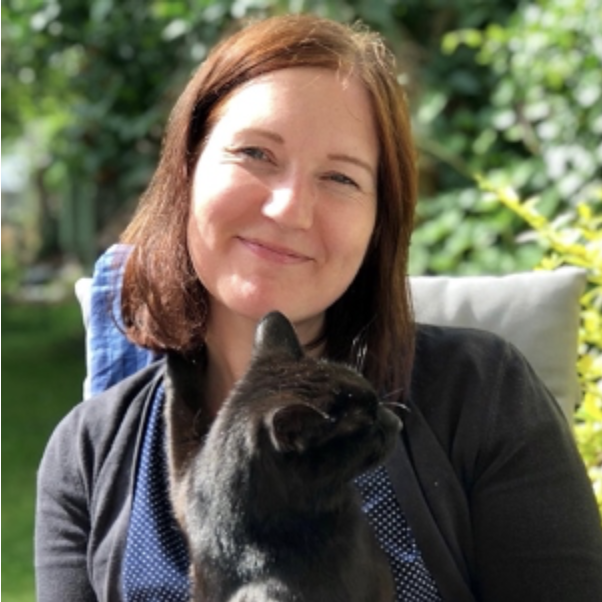
Dr Janneke Adema (she/her) is a cultural and media theorist working in the fields of (book) publishing and digital culture. She is an Associate Professor in Digital Media at The Centre for Postdigital Cultures (Coventry University). In her research she explores the future of scholarly communications and experimental forms of knowledge production, where her work incorporates processual and performative publishing, radical open access, post-publishing, scholarly poethics, media studies, book history, cultural studies, and critical theory. She explores these issues in depth in her various publications, but also by supporting a variety of scholar-led, not-for-profit publishing projects, including the Radical Open Access Collective, Open Humanities Press, ScholarLed, and Post Office Press (POP), and the Research England and Arcadia funded Community-Led Open Publication Infrastructures for Monographs (COPIM) project, on which she was Co-PI. Her monograph Living Books. Experiments in the Posthumanities (MIT Press, 2021) is openly available. You can follow her research on openreflections.wordpress.com.

Simon Bowie is a culture writer, film critic, open source systems developer, and radical librarian. As an experienced open source software developer, he is primarily working as part of the Copim community on the Open Book Futures project to enable open access book publishing and experimental publishing. He is a solutions architect and a full-stack LAMP developer with experience of working on implementations of open source library and information systems and publishing platforms. He has an MA in Cultural and Critical Studies from Birkbeck, University of London and as a cultural studies writer he has covered a range of film festivals and reviewed films for publications and podcasts. His academic work has covered posthumanism in the video game Outer Wilds, New Sincerity in contemporary indie video games, and the depiction of time and trauma in the TV shows Twin Peaks: The Return and Yellowjackets.
Website: https://simonxix.com
Knowledge Commons: https://hcommons.org/members/simonxix/
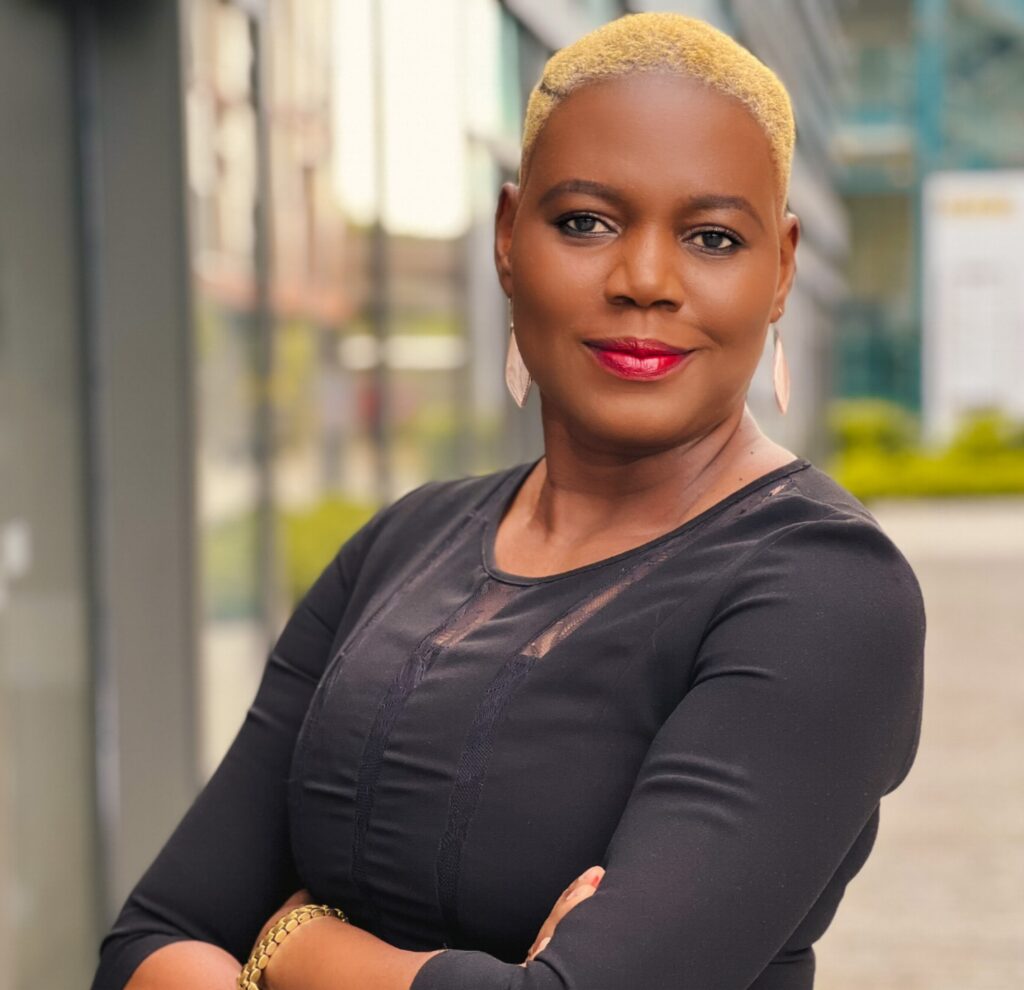
Adeola Eze is a Postgraduate Researcher in the Centre for Arts, Memory and Communities at Coventry University with a research interest in cultural memory and its influence on contemporary literature. Her research focuses on the discovery, reception, and experimental use of ancient book formats within the modern literary landscape. Adeola’s doctoral research critically assesses the discovery, preservation, reception, and reuse of ancient book formats in contemporary literature through an experimental approach. The study explores how ancient societies utilised texts and images to communicate and disseminate knowledge, shedding light on the material culture of past civilisations and their practices of discarding and repurposing materials in literature production.
The investigation focuses on pre-modern cultures, exploring how texts were produced, transmitted, and received. Emphasising the importance of preserving surviving texts, this research aims to gain a comprehensive understanding of cultural, literary, and historical achievements from the past, considering challenges like deciphering underlying text or languages in manuscripts.
Through analysing experimental book formats before the printing press, this project examines their historical significance, impact on literary culture, relation to technology and culture, environmental sustainability, and their potential to challenge traditional writing and storytelling methods. Additionally, it explores their connections with materials, fragments, and classical mythology, drawing comparisons with contemporary book types and digital versions.
Outside of her primary research, her research interest also stretches to children’s literature, investigating how children engage with literature and how their earliest encounters with stories shape their understanding of literary constructs based on convention and expectation. With a passion that burns brightly, Adeola co-founded a literacy centre for children, Jordan Hill Creative Writing & Reading Workshop and Jordan Hill Books, a publishing firm solely for young writers, in Lagos, Nigeria in 2011.
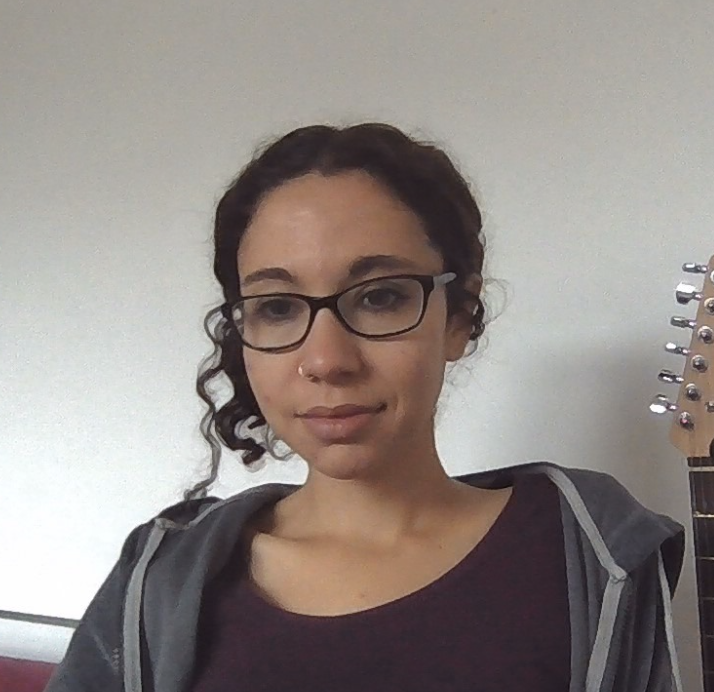
Judith Fathallah received her PhD in media and cultural studies from Cardiff University in 2014. Her thesis concerned fanfiction and changing ideologies of authorship, for which she received the Centre for Journalism Studies PhD Research Award 2010-11. This thesis formed the basis of her first book, Fanfiction and the Author which is available to read Open Access at OAPEN. She went on to a lectureship in digital media at Bangor University in North Wales, a postdoctoral research role at Solent University, where she developed my interests in fandom, new media and music. Judith published Emo: How Fans Defined a Subculture which is the only academic monograph on emotional hardcore to date. Throughout this time, Judith became increasingly interested in new forms of publishing, digital literacies and the importance of Open Access for a fair and equitable academy. Thus in 2021, she became a member of the COPIM project (Community-Led Open Publication Infrastructures for Monographs), specifically the creation and launch of the Open Book Collective (OBC).
Judith is particularly interested in the embryonic field of dark fandom studies, i.e., the fan cultures that develop around serial killers, school shooters, and other violent criminals. Having previously published on this topic in New Media and Society and Humanities, she is now writing a book called Killer Fandom: Fan Studies and the Celebrity Serial Killer. It will be published Open Access by mediastudies.press in 2023. Judith is also seeking funding for a collaborative project exploring the social and economic processes by which interest in violence and dark fandom topics becomes culturally legitimate, specifically regarding flows of capital.
Gary Hall is a cultural theorist working in the areas of art, politics and technology. He is Professor of Media and Performing Arts in the Faculty of Arts & Humanities at Coventry University, UK, where I am director of the postdigital arts and humanities research centre/studio, The Post Office (a disruptive iteration of the Centre for Disruptive Media). He is author of The Inhumanist Manifesto (Techne Lab, 2017), Pirate Philosophy (MIT Press, 2016), The Uberfication of the University (Minnesota UP, 2016), Digitize This Book! (Minnesota UP, 2008), and Culture in Bits (Continuum, 2002). He is also co-author of Públicos Fantasma – La Naturaleza Política Del Libro – La Red (Taller de Ediciones Económicas, 2016) and Open Education (Rowman and Littlefield International, 2014), and co-editor of Experimenting (Fordham UP, 2007) and New Cultural Studies: Adventures in Theory (Edinburgh UP, 2006).
Humanities Commons: https://hcommons.org/members/garyhall/
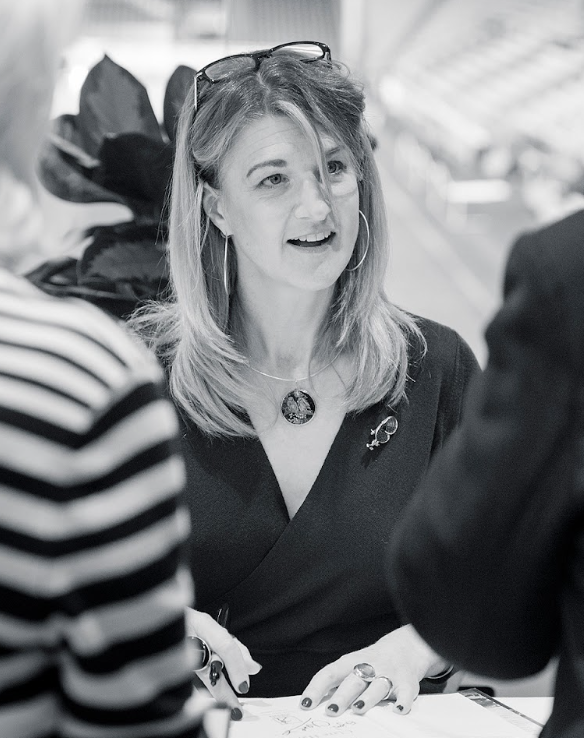
Clare Harvey is a traditionally published historical fiction author (Simon & Schuster UK) with an MA in Creative Writing from the University of Nottingham. She is currently a postgraduate researcher at Coventry University, working towards her PhD: Co-authoring with forgotten voices – applying remix theory to writing historical fiction. As the title suggests, she’s particularly interested in how archival texts documenting lived experience can be repurposed into new historical fiction. Whilst this is practice research – Clare is writing a novel using cut-up methodology as a stepping off point – the process itself necessarily interrogates alternative ways of writing and thinking about how the past is portrayed in a post-digital era.
Website: https://clareharvey.net/
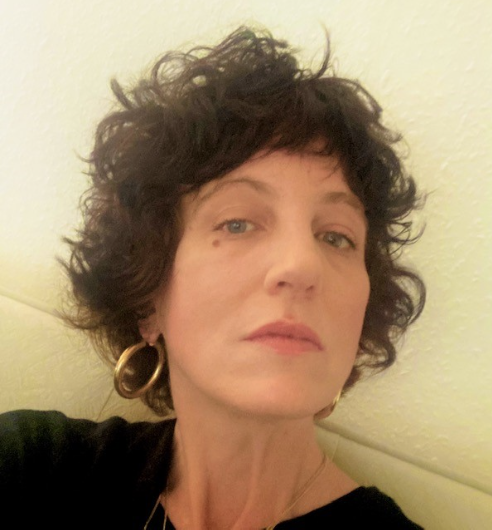
Dr Rebekka Kiesewetter is a Research Fellow at the Centre for Postdigital Cultures. Her research interests are, amongst others, more diverse and equitable futures for scholarly publishing; collaborative research, writing, editing, and publishing cultures and practices; experimental monograph publishing in the humanities; alternative genealogies of open access publishing; and intersectional feminist critiques of internationalised knowledge production.
Rebekka is a researcher on the Open Book Futures (OBF) research project; a co-convener of the Radical Open Access Collective; a co-editor of the Combinatorial Books: Gathering Flowers experimental book series with Open Humanities Press; and a an editorial board member of continent. journal. She finished her PhD thesis Reading Differently: Expanding Open Access Definitions Towards Greater Knowledge Equity in 2023 and her work has been published in journals such as the Journal of International Women’s Studies and the Tijdschrift voor Genderstudies.
Website: https://www.rebekkakiesewetter.com
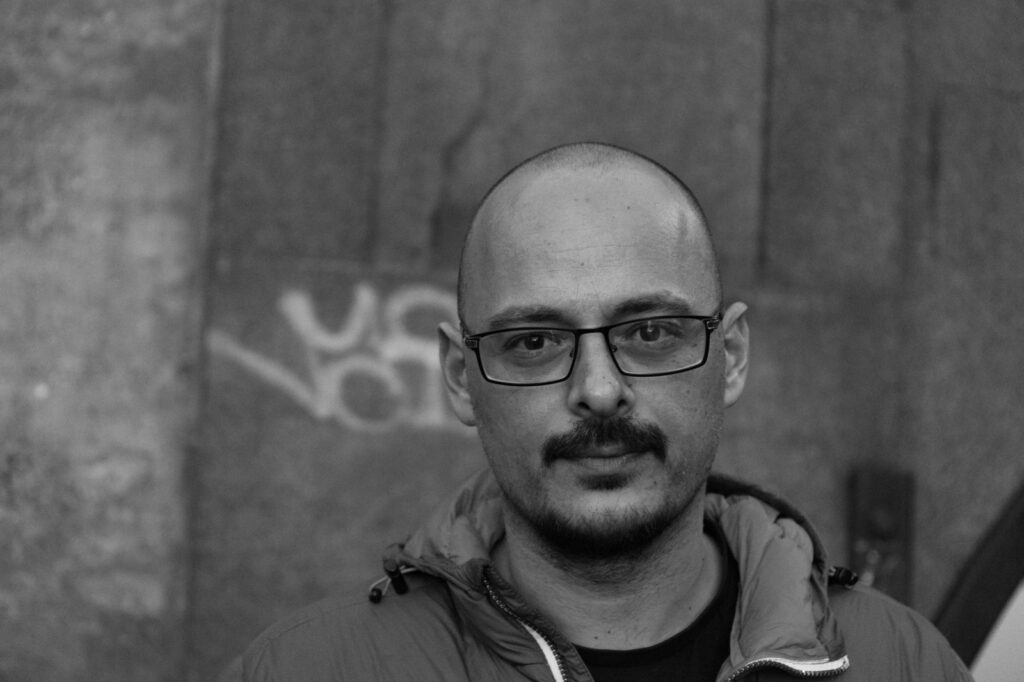
Alexandros Plasatis is a doctoral student at Coventry University’s Centre for Postdigital Cultures. He is the founder, publisher and lead editor of the other side of hope: journeys in refugee and immigrant literature, a literary magazine edited by immigrants and refugees that publishes poetry and prose by migrants from around the world. Established in 2021, the other side of hope receives funding from Arts Council England, and became the UK’s first ever literary magazine of sanctuary. His first book, Made by Sea and Wood, in Darkness, narrates the lives of the undocumented Egyptian migrants who work as fishermen in a Greek town, and was shortlisted for the Edge Hill Prize. Stories from this book have been nominated for the Pushcart Prize and Best of The Net. He has a PhD in ethnography-based Creative Writing.
Website: www.alexandrosplasatis.com
Eva Weinmayr’s practice is situated at the interface of art, critical publishing, and radical education. Her focus is on decolonial feminist discourses, pedagogies, and practices. From 2019 to 2022 she co-led the EU-funded collective research and study programme Teaching to Transgress Toolbox (with erg, Brussels) and co-initiated kritilab, an open-source publication platform that experiments with discrimination-critical art education. As part of Ecologies of Dissemination (HDK-Valand, 2022-2024) with Femke Snelting, she developed decolonial feminist practices to Open Access. Recent publication and exhibition projects include “Noun to Verb”, concerned with the micro-politics of publishing from an intersectional feminist perspective; “Teaching the Radical Catalog – a Syllabus” (2021-2022, with Lucie Kolb); “Library of Inclusions and Omissions” (2016-20); “The Piracy Project” (2010-2015, with Andrea Francke); AND Publishing (2010-ongoing, with Rosalie Schweiker). Currently, she works as Visiting Professor for Critical Access at the Institute Experimental Design and Media Cultures at Basel Academy of Art and Design (CH). Since 2024 she is an Honorary Fellow at the Centre for Postdigital Cultures, Coventry University (UK).
Maddalena Fragnito, Valeria Graziano, Patrick Hart, Kaja Marczewska, Marcell Mars, Tomislav Medak, Samuel Moore, Peter Willis